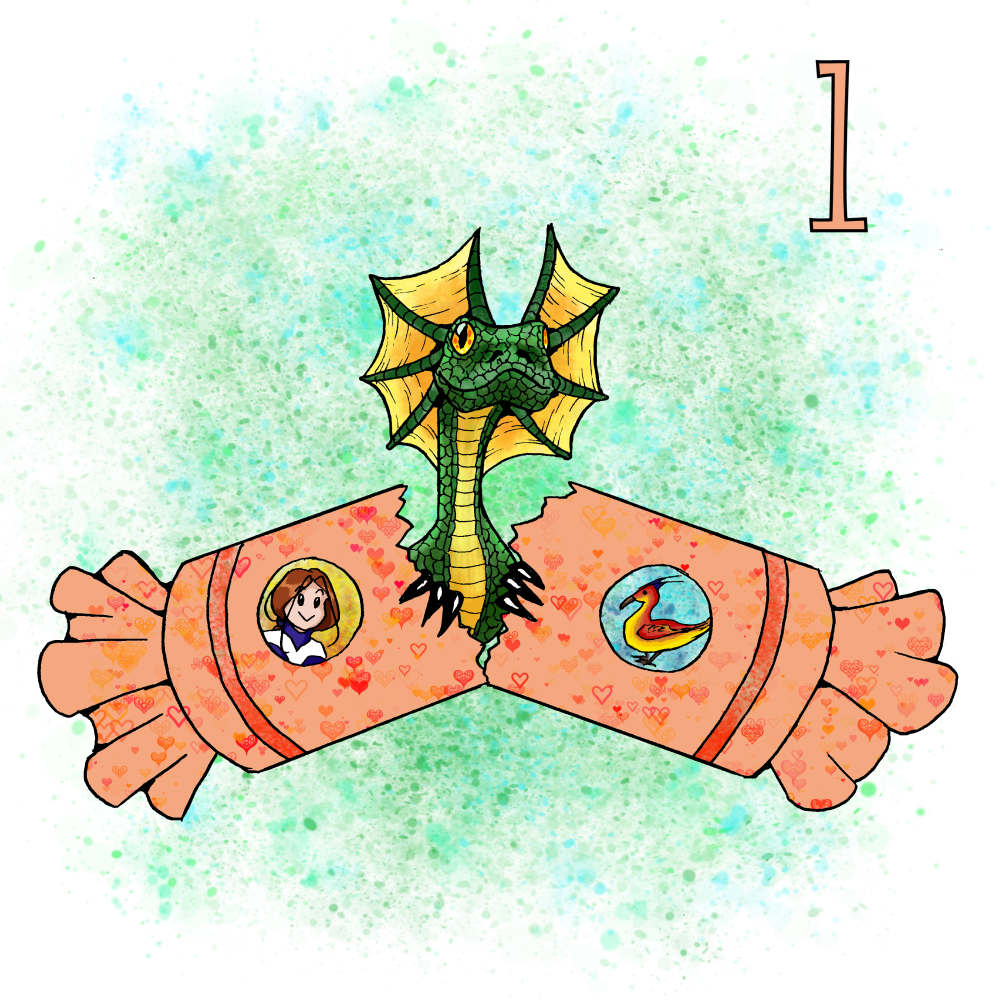You know you had a bad day when the next day ![]() angelofthenorth brings you coffee as soon as she gets home, saying "well your blog post from yesterday made me think you'd need it!"
angelofthenorth brings you coffee as soon as she gets home, saying "well your blog post from yesterday made me think you'd need it!"
I actually had a much better day at work today: no meetings to speak of and I even started messing around with the slides for the presentation I have to give on Tuesday. Plus, Tuesday turns out to be the London staff's Christmas lunch and I can go to Wahaca (yes, that's how they spell it) with them, they're all excited about Taco Tuesday.
I was able to slip away from work early enough to walk Teddy before D and I went to see Pillion, which was well-acted and horny (even in the audio description!) and had some genuine funny moments but is a little too Fifty Shades of Gay in that its basic message that being a dom makes you a dickhead who is incapable of healthy relationships. But I had fun and I'm glad we had time for a pint in the twinkly outdoors before coming home to delicious homemade stew and dumplings.
And before I'd finished eating, ![]() angelofthenorth offered wanted cinnamon tea and when I made interested noises brought me some in the clear glass mug with the flower petals between its two walls which V bought in the Hebridean Tea Store, and then D asked if anyone wants a mince pie, so I had my first mince pie of the season with the perfect tea pairing for it.
angelofthenorth offered wanted cinnamon tea and when I made interested noises brought me some in the clear glass mug with the flower petals between its two walls which V bought in the Hebridean Tea Store, and then D asked if anyone wants a mince pie, so I had my first mince pie of the season with the perfect tea pairing for it.
Before bed I emptied the food waste bin, locked the doors, turned off the little plant lights, and changed my bedding. How nice to be in such a functional house, doing my little bit to reset, maintain, upkeep.
All this made me think of Kurt Vonnegut saying:
My uncle Alex Vonnegut, a Harvard-educated life insurance salesman taught me something very important.
He said that when things were really going well, we should be sure to NOTICE it. He was talking about simple occasions, not great victories: maybe drinking lemonade on a hot afternoon in the shade, or smelling the aroma of a nearby bakery; or fishing, and not caring if we catch anything or not, or hearing somebody all alone playing a piano really well in the house next door.
Uncle Alex urged me to say this out loud during such epiphanies: "If this isn’t nice, I don’t know what is."
So I do the same now, and so do my kids and grandkids. And I urge you to please notice when you are happy, and exclaim or murmur or think at some point, "If this isn’t nice, I don’t know what is."











